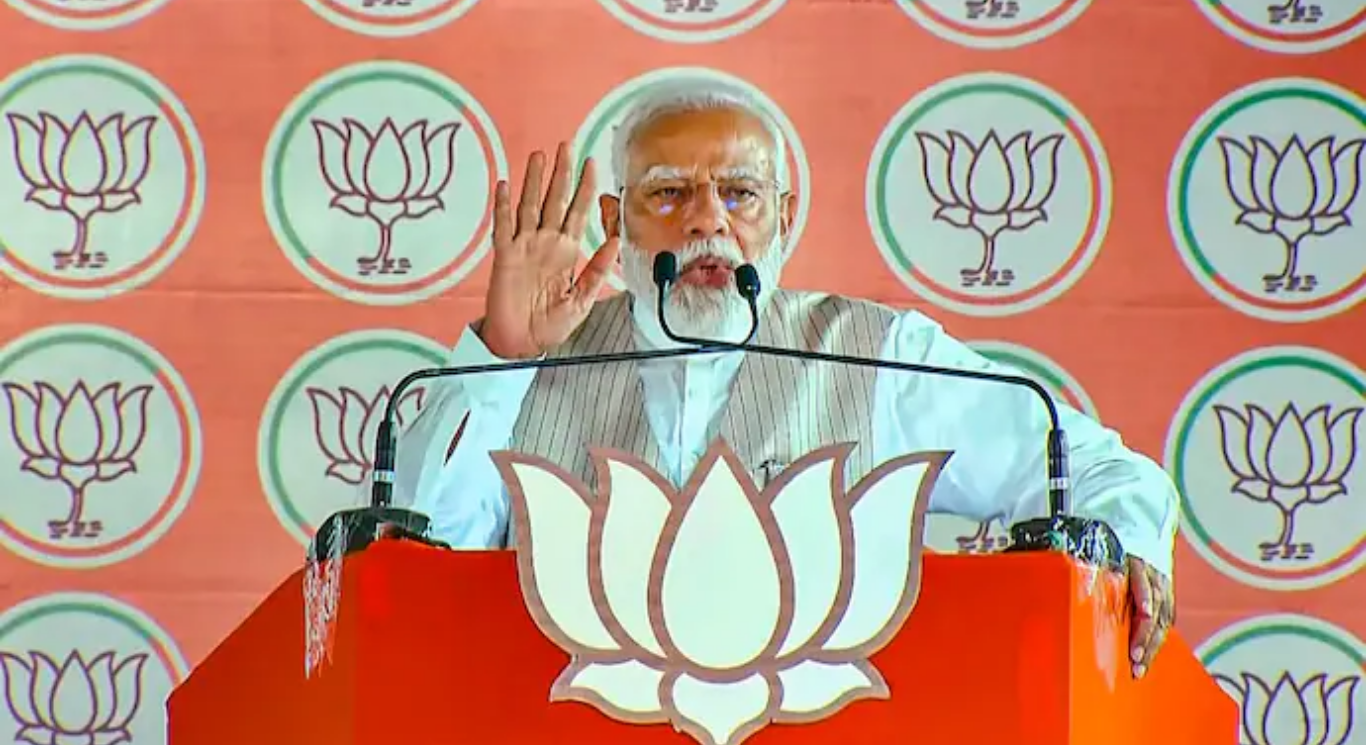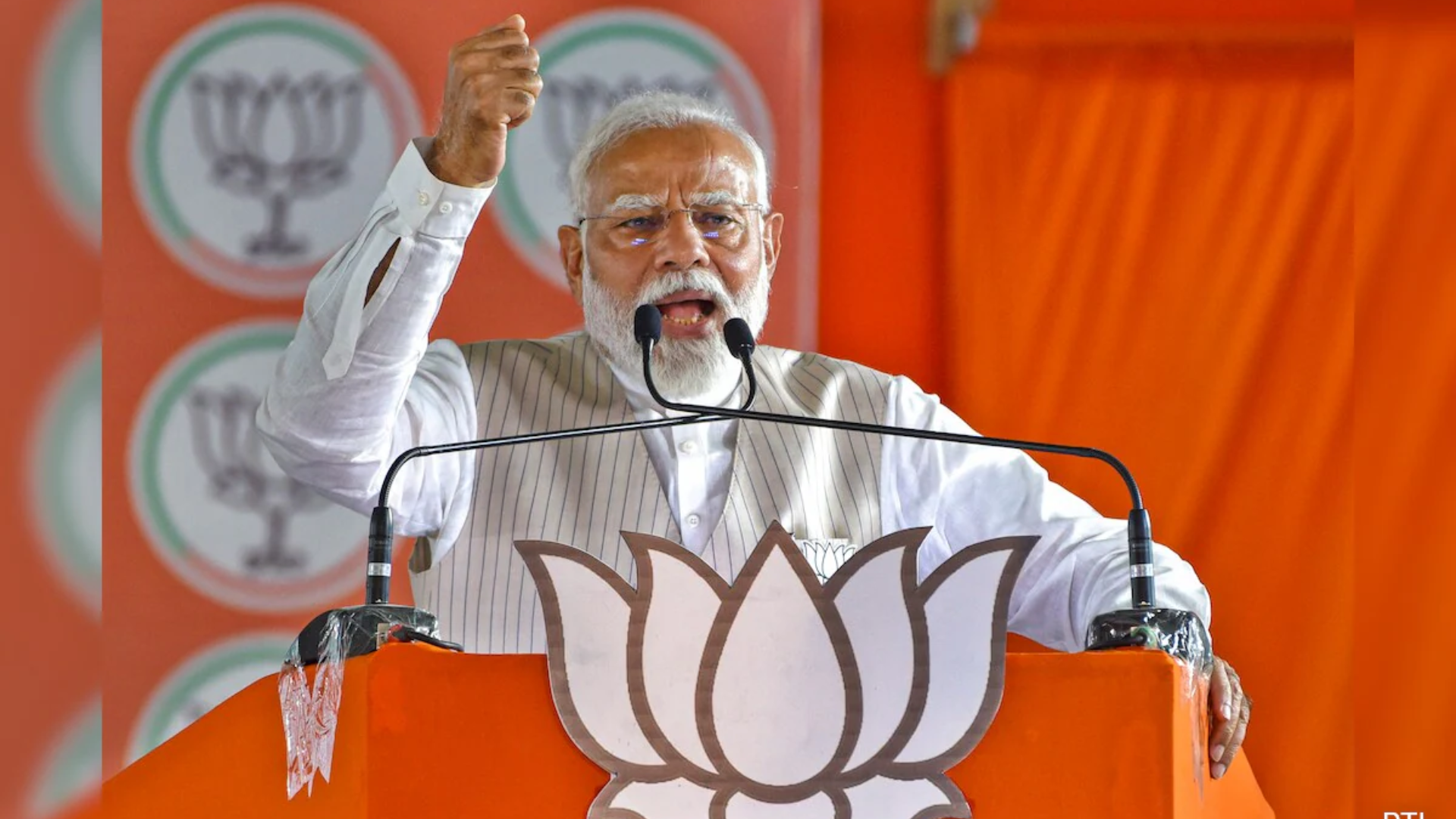










A new study showing that bariatric surgery is superior to blood pressure medication alone in reducing hypertension rates—high blood pressure—in patients with obesity and uncontrolled hypertension. The study was published today in the Journal of the American College of Cardiology. In comparison to individuals who only took antihypertensive medications, those who underwent bariatric surgery had lower BMIs and were on fewer medications after five years while still maintaining normal blood pressure levels. Adult obesity and hypertension rates in the United States are 41.9% and 45.4%, respectively, according to the CDC.
Obesity is a proven risk factor for cardiovascular disease and a key contributor to high blood pressure, both of which can increase the chance of a heart attack, stroke, and heart failure.
“In clinical practice, obesity is an overlooked condition. As a consequence, there is a frequent failure in approaching obesity as a crucial step for mitigating the risk of important cardiovascular risk factors including hypertension,” said Carlos Aurelio Schiavon, MD, FACS, lead author of the study and a surgeon specializing in bariatric surgery at Heart Hospital and BP Hospital in Sao Paulo.
Researchers in this study looked at the impact of treating obesity to lower high blood pressure. While there are new medications to treat obesity, long-term adherence to medication can be challenging.
This study examines bariatric surgery as a more effective long-term strategy to manage obesity and hypertension. Of the 100 participants in the GATEWAY trial, 76% were female and had a body mass index (BMI) of approximately 36.9 kg/m2. Every participant used at least two medications and had hypertension. Individuals with poorly controlled Type 2 diabetes and a history of cardiovascular events were not allowed. After undergoing either Roux-en-Y gastric bypass surgery combined with medical therapy or medial therapy alone, the subjects’ main goal was to reduce their antihypertensive medication use by at least 30% while keeping their blood pressure under 140/90 mmHg for five years.









